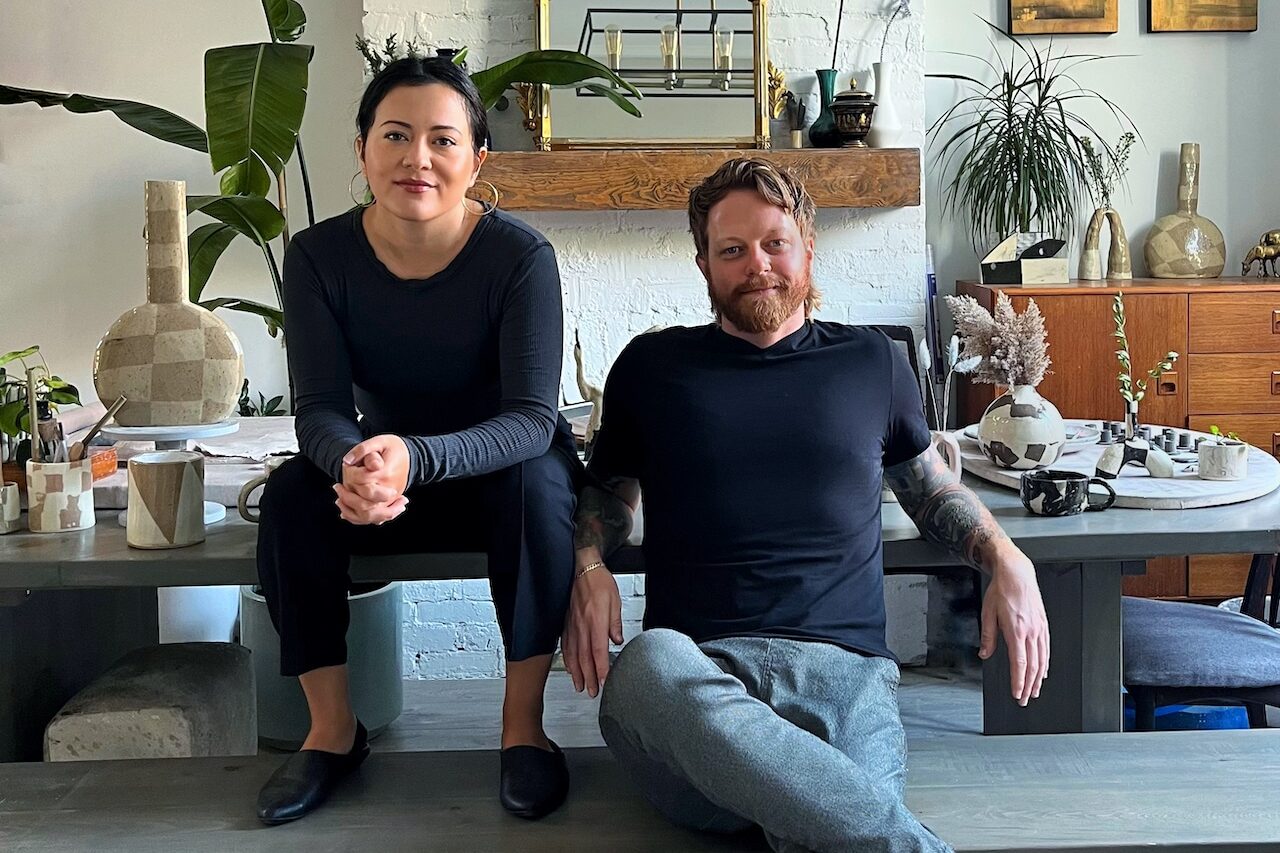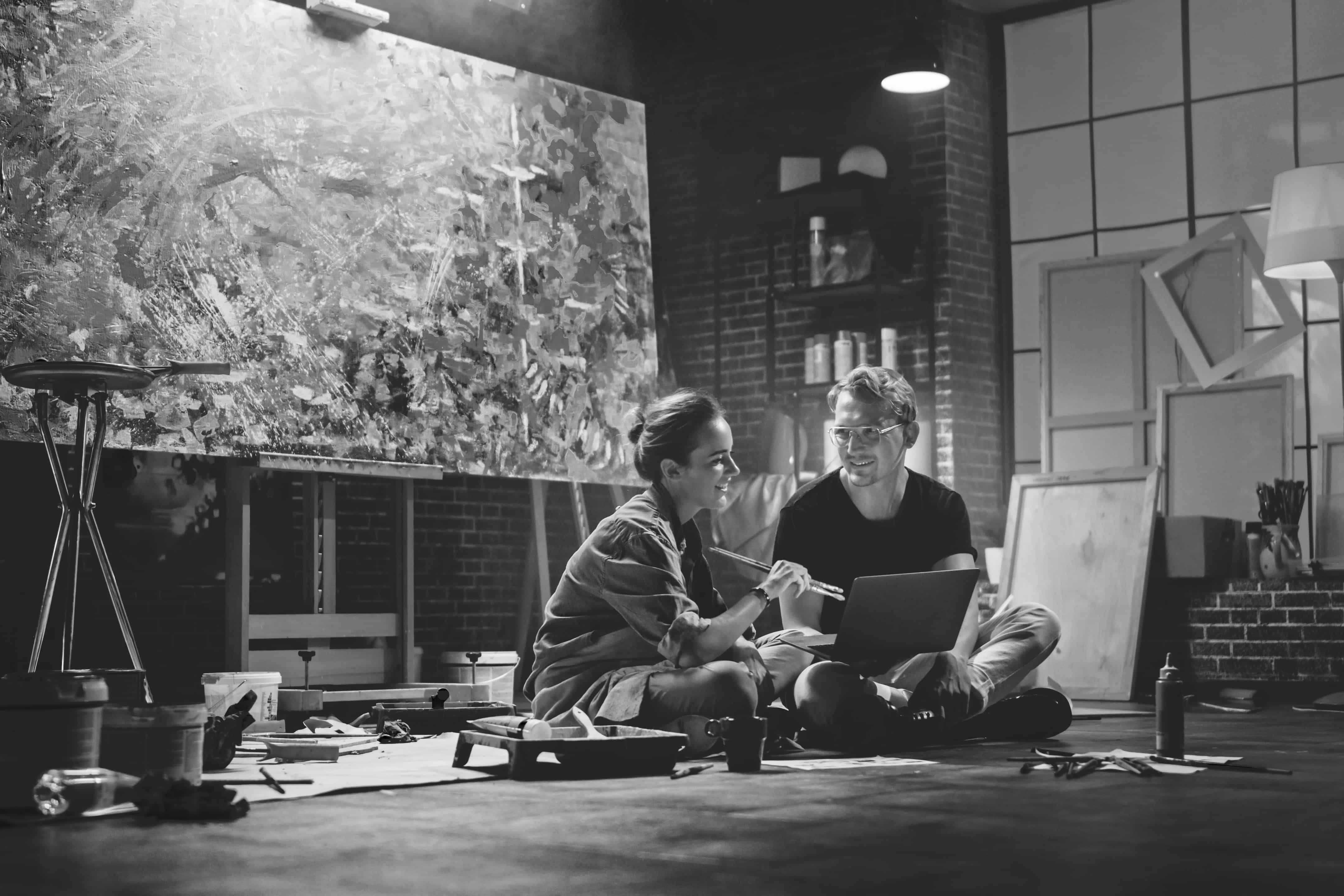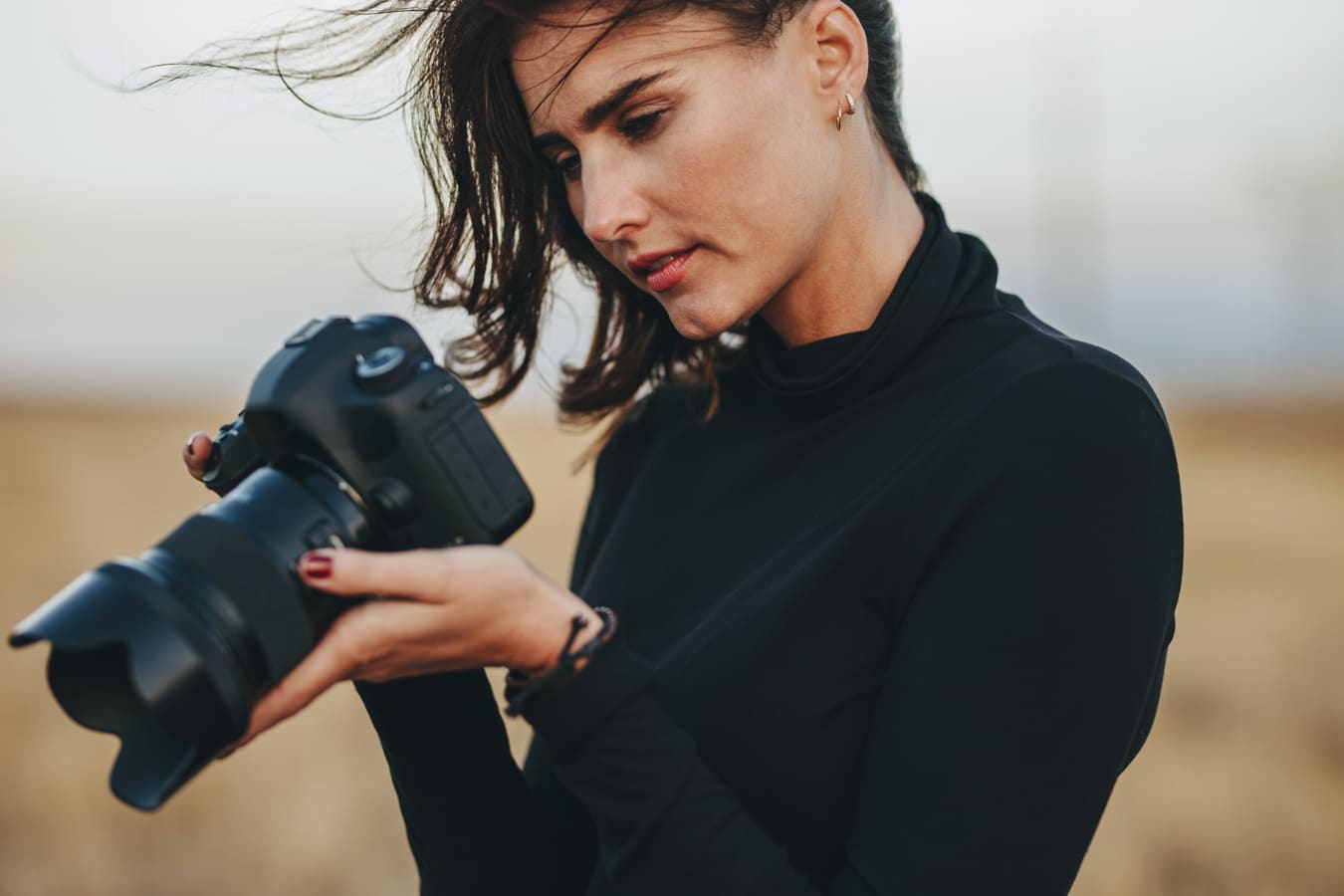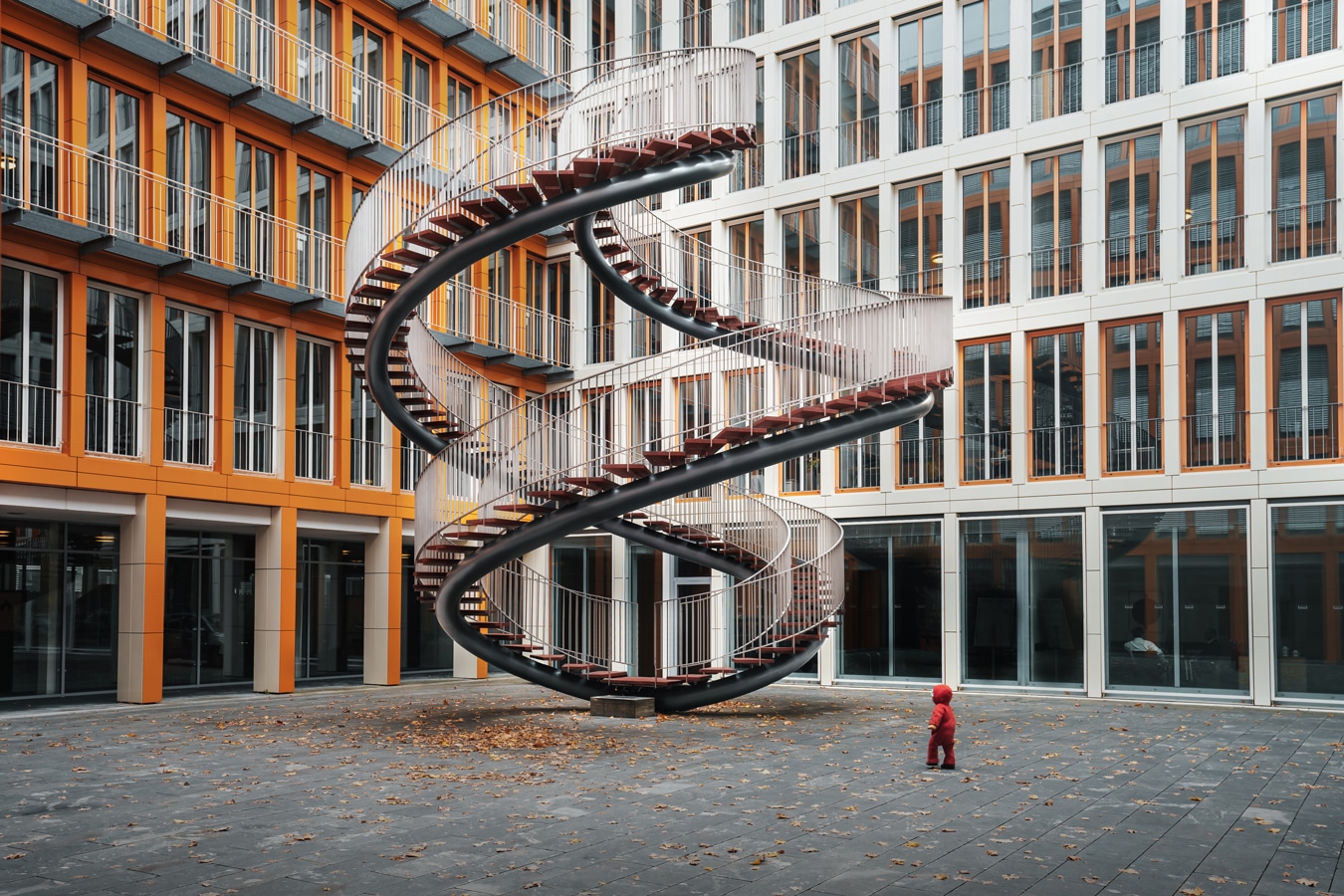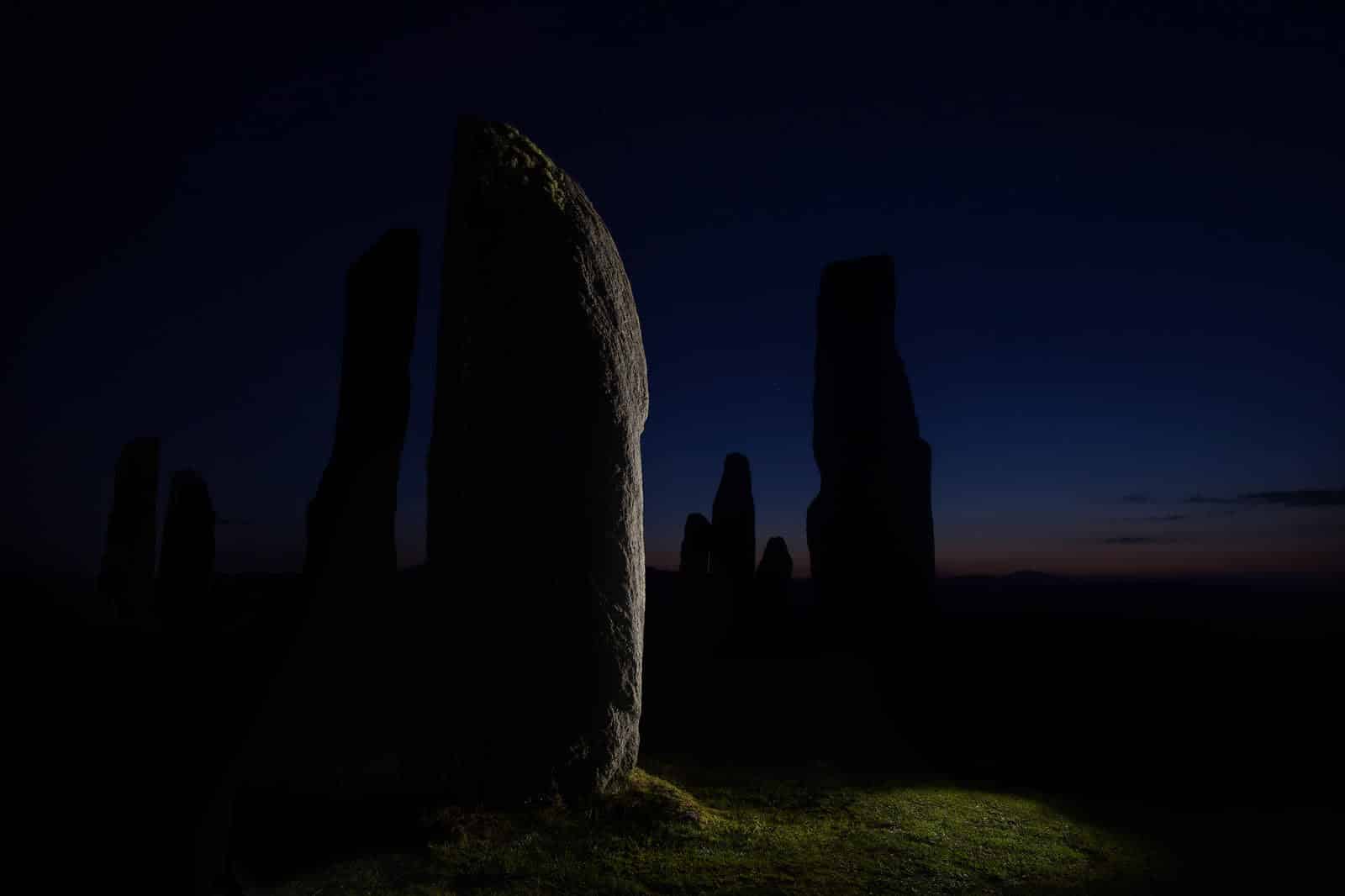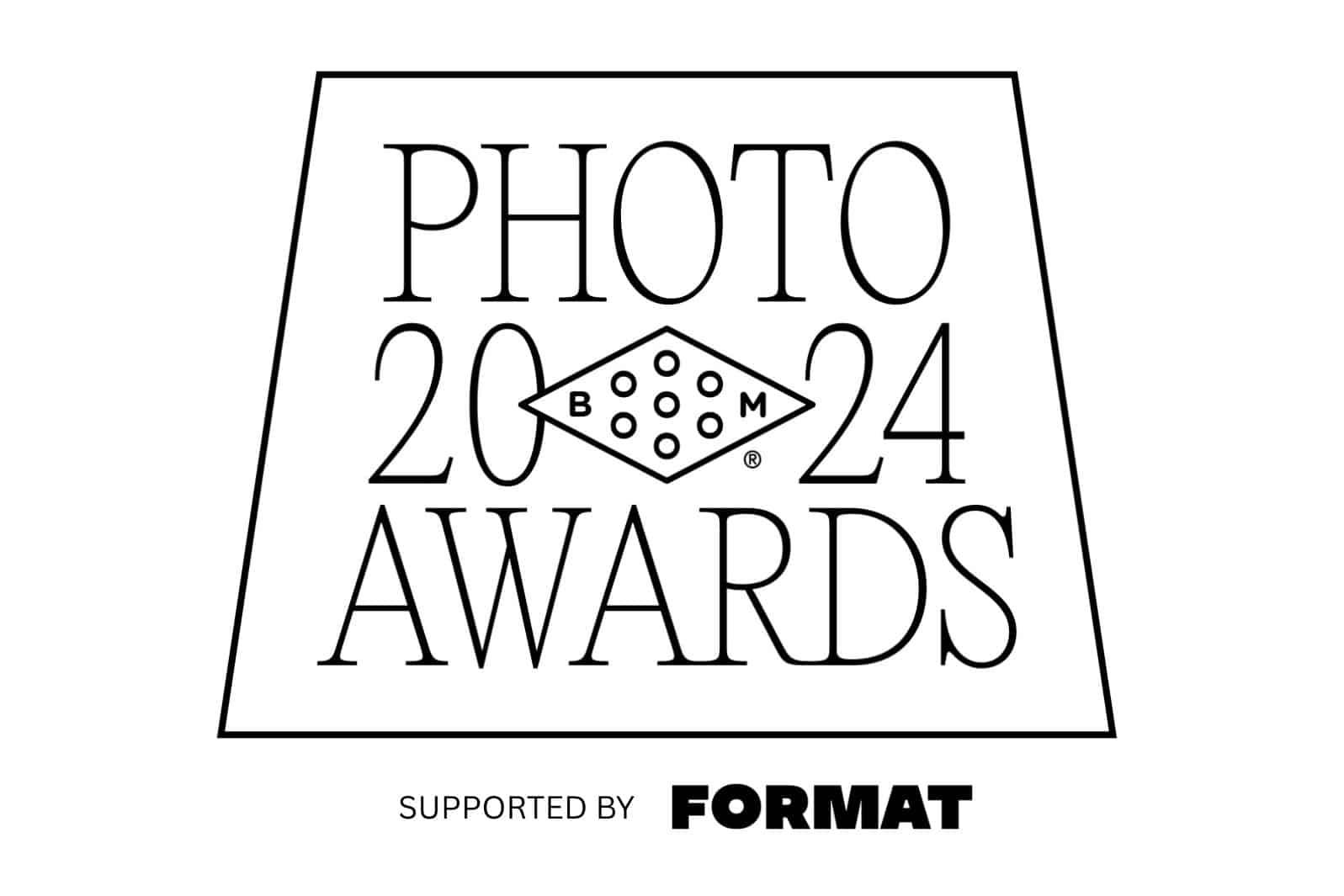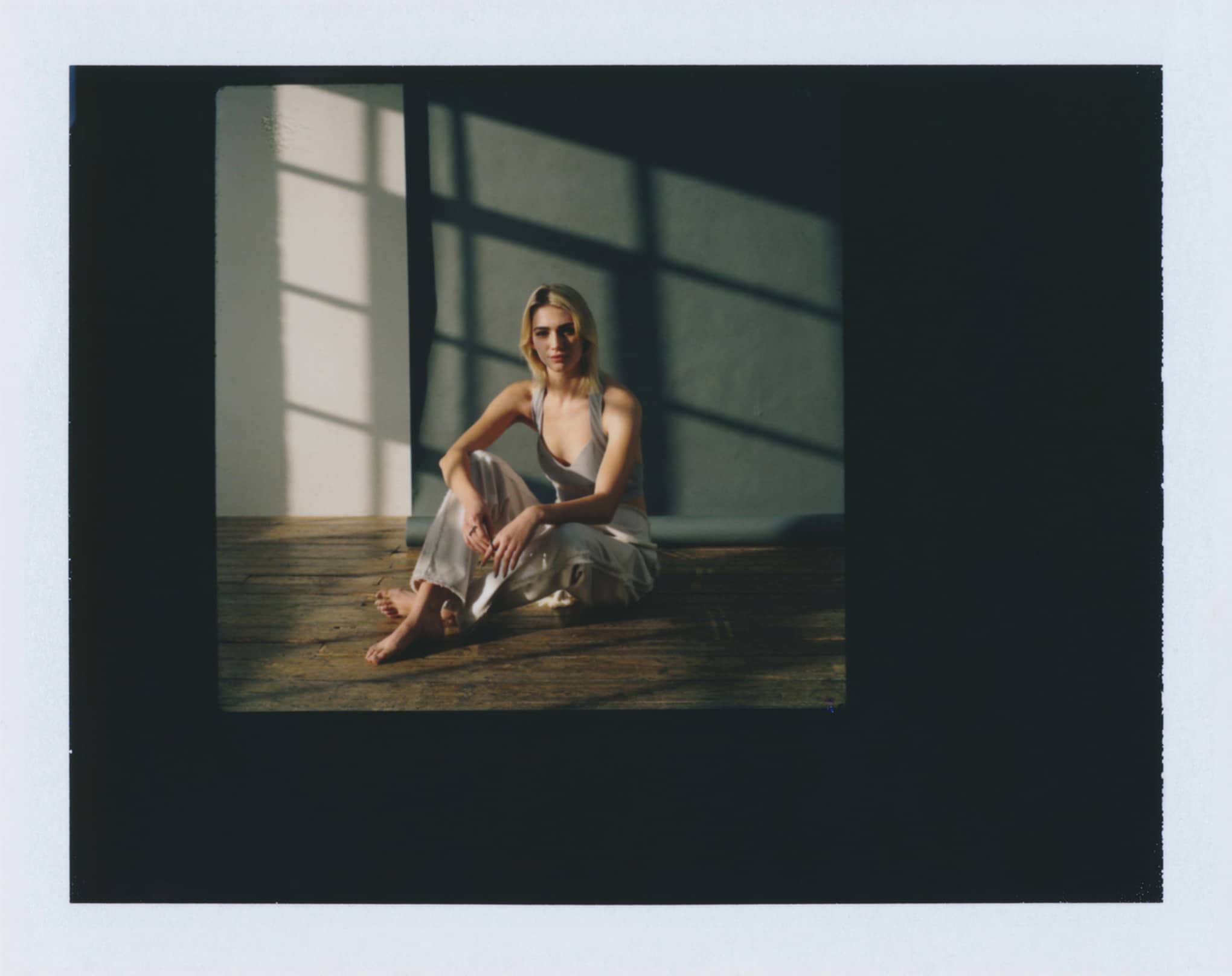The story behind Georgia O’Keeffe’s record-breaking artwork that you can see for yourself at the Tate Modern this year—O’Keeffe’s first UK retrospective in over two decades.
In 2014, Georgia O’Keeffe’s seminal painting, Jimson Weed/White Flower No.1 smashed records as the highest selling artwork by a female artist at auction. This year, the UK’s Tate Modern in London will show the painting alongside 100 other works in the artist’s first UK retrospective in over twenty years. But how exactly did the painting sell for such a vast sum?
Jimson Weed/White Flower No. 1 (1932)
1. Be part of an historical art movement.
O’Keeffe stands as an important figure of American modernism, alongside painters such as Andrew Wyeth, Arthur Dove, and Edward Hopper. They were part of a pivotal moment in American art history: the beginnings of abstraction that paved the way for the great Abstract Expressionists like Pollock and Rothko.
As an often under-represented movement in the UK, this show will be an excellent insight to the factors which played a part in O’Keeffe’s aesthetic including her relationship with American modernist photographer, Alfred Stieglitz.
More importantly, it has been more than two decades since her work was last seen in the UK on such a grand scale, as none of her paintings are held by any of its public collections. This rare opportunity to see her work in the European context adds global significance to her role in the making of modern American art.
2. Be part of the bigger picture.
What’s more, this show marks the newly adopted mandates of important institutions such as the Tate Modern, the Moderna in Sweden and the Art Institute Chicago. They aim to tackle discrimination in the arts by diversifying representation throughout their exhibitions and collections. It is characteristic of a bigger, global movement of revived focus on female and minority artists.
For example the June 2015 edition of ARTnews branded itself as “The Women Issue”; art activist group, the Guerrilla Girls, celebrated their 30th anniversary with renewed media presence and a slot on The Late Show with Stephen Colbert; women-only shows are in vogue for top commercial galleries (think Champagne Life at Saatchi Gallery in London, and the more recent Revolution in Making at Hauser, Wirth & Schimmel in LA); not to mention recent solo shows of Deana Lawson at Art Institute Chicago, Doris Salcedo at Guggenheim and Chris Ofili at New Museum.
3. Die, and then sell at a top auction house.
Back to O’Keeffe’s famous painting. At the famous Sotheby’s November 2014 sale, O’Keefe’s Jimson Weed/White Flower No.1 outstripped the previous record held by a female artist at auction ($11.9m for Malerei by Joan Mitchell in May 2014) as well as O’Keeffe’s own record of $6.2m in 2001.
Since then, Louise Bourgeois’ Spider sculpture sold for $28m in November 2015. The figures reveal that interest in female artists is growing in the top echelons of the art world, and yet still most top-selling pieces by women go for less than $10m. Compare this to the $150m plus for the highest selling male artists—even Jeff Koon’s top sale at auction was $54m, and he’s still alive (which is generally a bad thing when it comes to art sales).
4. Display the painting in a major public institution.
O’Keeffe’s painting in question was originally held and sold by the Georgia O’Keeffe Museum in New Mexico—the first museum dedicated to a single female artist in the United States. Unheard of in the UK for an artist’s institution to sell its artist’s work, it is more normalized in the U.S. to “up-sell” (to trade in an artwork to buy a better example of the artist’s oeuvre).
At the auction itself a bidding war between two buyers broke out, and the price soared to $44.4 million. The irony is that the success of the sale gave the painting so much publicity that it is now one of the most celebrated and well-known of all O’Keeffe’s paintings. When not on loan, the painting is proudly shown in the permanent collection of the Crystal Bridges Museum of American Art in Arkansas.
5. Be sexy.
So what was it about O’Keeffe’s painting that drove the buyers’ frenzy? Firstly Jimson Weed/White Flower No.1 is part of the series of “flower paintings”: huge, sensual, close-up and cropped, oil paintings of flowers for which O’Keeffe is most famous for.
These paintings were noted by the male-dominated art world for their erotic sensuality when first shown in the 1930s, and this singular reading has dominated her oeuvre ever since. In the 1970s the feminist movement promoted her technique a new, specifically female artistic language.
Judy Chicago’s Dinner Party (1979) in the Brooklyn Museum marks Georgia O’Keeffe in the final place-setting, a ceramic version of one of her flowers towering over the other plates, its pink folds overtly suggestive.
6. Be ahead of your time, still.
Randall Griffin, US art historian, describes O’Keeffe in his 2014 book as a formalist and not a feminist. And still the promise of sexual frisson draws crowds to her work, with the UK’s Guardian newspaper headlining its article on the upcoming Tate Modern show with “Flowers or Vaginas?”.
Genitalia or not, this retrospective firmly places O’Keeffe in the American artistic canon now for the European perspective, giving rejuvenated significance to her abilities as an artist rather than her mystique as a woman.
Georgia O’Keeffe will be at the Tate Modern from 6 July – 30 October 2016.




